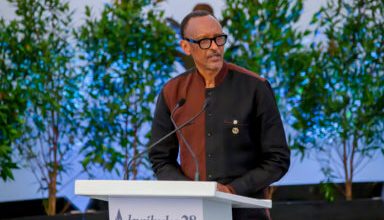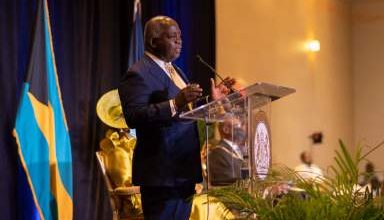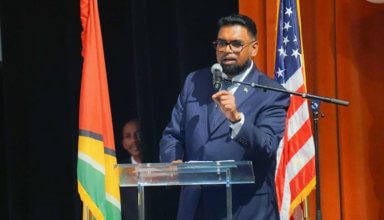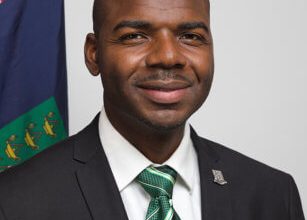Haiti’s interim administration struggling to remain intact over corruption scandal
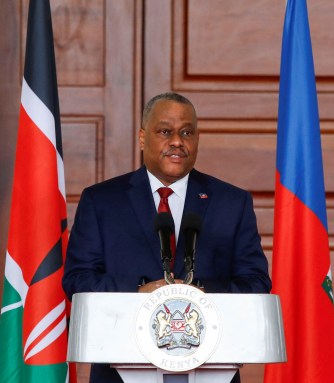
Haiti’s interim transitional government is struggling to remain intact in the wake of a growing corruption scandal involving three of its key members. The list of agencies and organizations calling for their departure grows weekly.
Emmanuel Vertilaire, Louis Gérald Gilles, and Smith Augustin are accused of demanding payments of nearly $800,000 from the manager of the state-owned National Credit Bank (BNC) in exchange for him being allowed to keep his job. Raoul Pascal Pierre-Louis had complained about the alleged bribery demands to Prime Minister Garry Conille but was promptly fired.
Local media reports initially dubbed his dismissal surprising. However, subsequent information from investigators indicates that the manager had been assisting the three with favors but balked when they demanded a large sum of payment in exchange for keeping his job. All three have denied the allegations even though an ongoing official probe has recommended their dismissals and criminal charges.
In recent days, several civil society and business groups have called for the resignation of the three from the nine-member council, which was set up earlier this year with the help of Caribbean Community leaders, Western nations, and others, such as Brazil and Mexico.
“The members of the Transitional Presidential Council indexed by the ULCC (investigators) must, in the name of the principle of equality of all citizens before the law, resign and place themselves at the disposal of justice,” said the Civil Society Initiative in a release issued this week. “The continued presence of these advisors in the CPT will further erode public trust in an already struggling,” said Marie Rosie Auguste Ducena, Together Against Corruption (EEC) president.
In his last televised address, Edgard Gardy Leblanc Fils, who had served as the council’s and country’s interim president and whose term ended a week ago, called for the three to resign from the council. “These councilors must step down to avoid further tarnishing the reputation of the council,” he said. Leslie Voltaire has replaced him. The council has also passed a resolution banning the three from higher office in the interim body.
The interim administration is supposed to organize fresh general elections by early 2026, almost a decade after the last one was held.
The island nation of nearly 11 million has been affected by heavily armed gangs, mainly roaming the capital and related areas, looting buildings, burning others, killing police officers, and committing other violent acts. This has been particularly the case since the July 2021 assassination of President Jovenel Moise. The country operates without elected officials, including mayors, for several townships.
Restoration of order is now dependent on a multinational security force led by Kenyan police officers, assisted by a small band of soldiers and police officers from neighboring CARICOM states. A few Central American, African, and Asian nations have already committed to participating. Kenya currently has 400 police officers in the group and plans to send 600 more by next month, officials have said.

